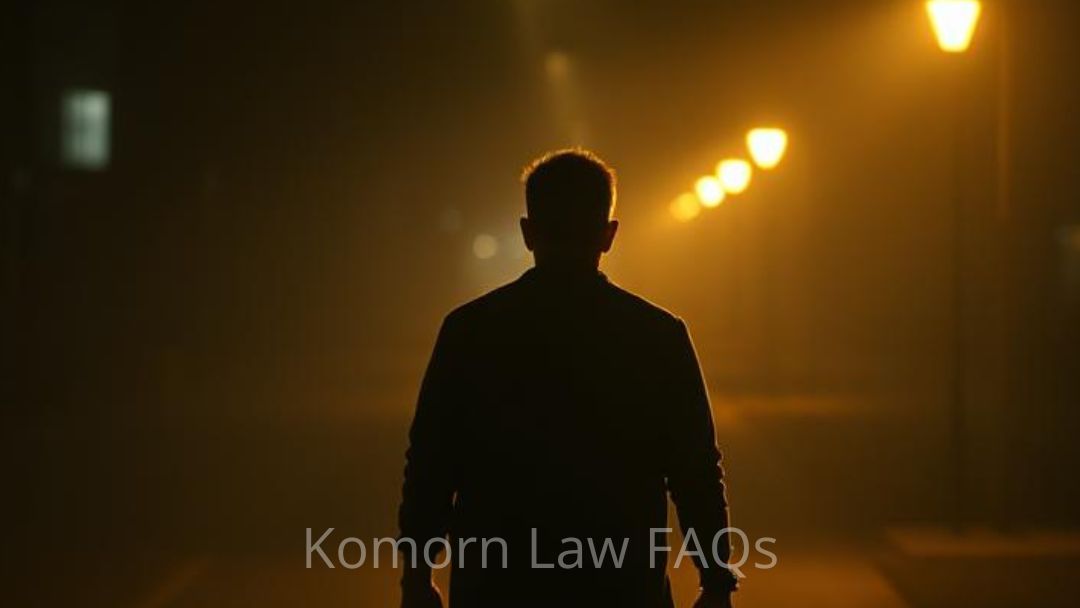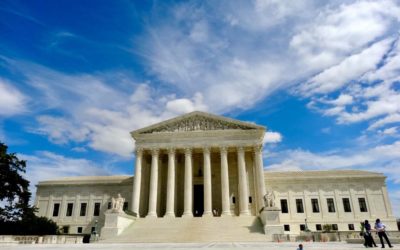Facial Recognition
How Technology Can Lead to Mistaken-Identity Arrests
Facial recognition technology has become increasingly prevalent in law enforcement, but its use raises critical questions about civil liberties and accuracy. One landmark case sheds light on the potential pitfalls of this technology and its impact on individuals’ rights.
The Robert Williams Case in Detroit
In 2020, Robert Williams, a Detroit resident, experienced firsthand the flaws of facial recognition technology. Falsely identified as a theft suspect, Williams was wrongfully arrested by the Detroit Police Department. His case marked the first publicized instance in the United States where facial recognition led to an erroneous arrest
The city of Detroit has agreed to compensate him $300,000 for being falsely accused of shoplifting and has committed to revising the use of facial recognition technology by the police to enhance crime-solving efforts.
As per a lawsuit settlement with Robert Williams, his driver’s license photo was mistakenly identified as a potential match to an individual captured on security footage at a Shinola watch store in 2018.
The agreement mandates that Detroit police will evaluate cases involving facial recognition technology from 2017 to 2023. Authorities will promptly notify a prosecutor if an arrest occurs without verifiable evidence.
Policy Changes and Safeguards
The fallout from Williams’s arrest prompted significant policy changes within the Detroit Police Department:
No Arrests Based Solely on Facial Recognition: Detroit police can no longer make arrests or conduct photo lineups based solely on facial recognition results. Instead, they must combine facial recognition leads with traditional investigative methods to verify suspects’ involvement in a crime.
Enhanced Training: Officers now undergo additional facial recognition training to improve accuracy and responsible use of the technology.
Transparency: The department must disclose when facial recognition technology was used to make an arrest. Additionally, they must acknowledge the technology’s limitations and potential for misidentification.
Civil Liberties: These changes aim to prevent future misidentifications and protect civil liberties. Deputy Chief Franklin Hayes emphasized that facial recognition remains a valuable tool for both solving cases and exonerating innocent individual.
A Concerning Trend
Since then, several other cases of wrongful arrests stemming from facial recognition technology have been uncovered, shedding light on a concerning trend.
Some cities have banned the technology altogether, while others lack comprehensive policies.
In the ever-changing landscape of technological advancements, finding the delicate balance between public safety and individual rights is paramount. The recent Robert Williams case serves as a poignant reminder that safeguarding civil liberties should always be the top priority in the realm of law enforcement technology.
And now for something completely different….
Michigan Law: False Report of Crime
According to MCL Section 750.411a, intentionally making a false report of a crime to law enforcement or emergency services is a crime. Depending on the severity, it can range from a misdemeanor to a felony.
For instance:
False report of a misdemeanor: Up to 93 days in jail or a $500 fine.
False report of a felony: Up to 4 years in prison or a $2,000 fine.
If the false report results in injury or death, the penalties escalate
Recent

Criminal Law FAQs – Drinking Alcohol or Smoking Marijuana and Driving
Michigan Criminal Laws FAQs Operating a Motor Vehicle Under The InfluenceWalking is cool... For fun and excercise. Not because you lost your license. Don't do the crime if you can't pay the price. But if you do get charged with a crime. Better Call Komorn to fight for...

Criminal Law FAQs – Probation Violations
Michigan Criminal Laws FAQs Theft CrimesAccording to Michigan State Law (Michigan Compiled Laws - MCL), a Probation Violation occurs when a person who has been sentenced to probation fails to comply with the terms and conditions of their probation order. These terms...
Other Articles
SCOTUS Opinion, SHEETZ v. COUNTY OF EL DORADO, CALIFORNIA
The Constitution provides “no textual justification for saying that the existence or the scope of a State’s power to expropriate private property without just compensation varies according to the branch of government effecting the expropriation.”The case in question...
Maker of CBD products asks court to decide
The Petitions of the Week column highlights a selection of cert petitions recently filed in the Supreme Court. A list of all petitions we’re watching is available here. Organized crime, from the mafia to small-time money laundering schemes, often evades criminal...
Supreme Court Ruling Strengthens First Amendment Protections: Implications for Michigan’s Threat Speech Laws
In a significant legal development, the United States Supreme Court has recently issued a ruling that has far-reaching implications for individuals facing charges related to "threat speech" in Michigan. The case of Counterman v. Colorado, decided on June 27, 2023,...
Listen Live to the US Supreme Court
Listen live to arguments in the Supreme Court. On Monday, the Supreme Court is set to hear arguments over the phone for the first time ever due to the coronavirus pandemic; they'll hear 10 cases remotely from now until May 13. But that's not the only history being...
















